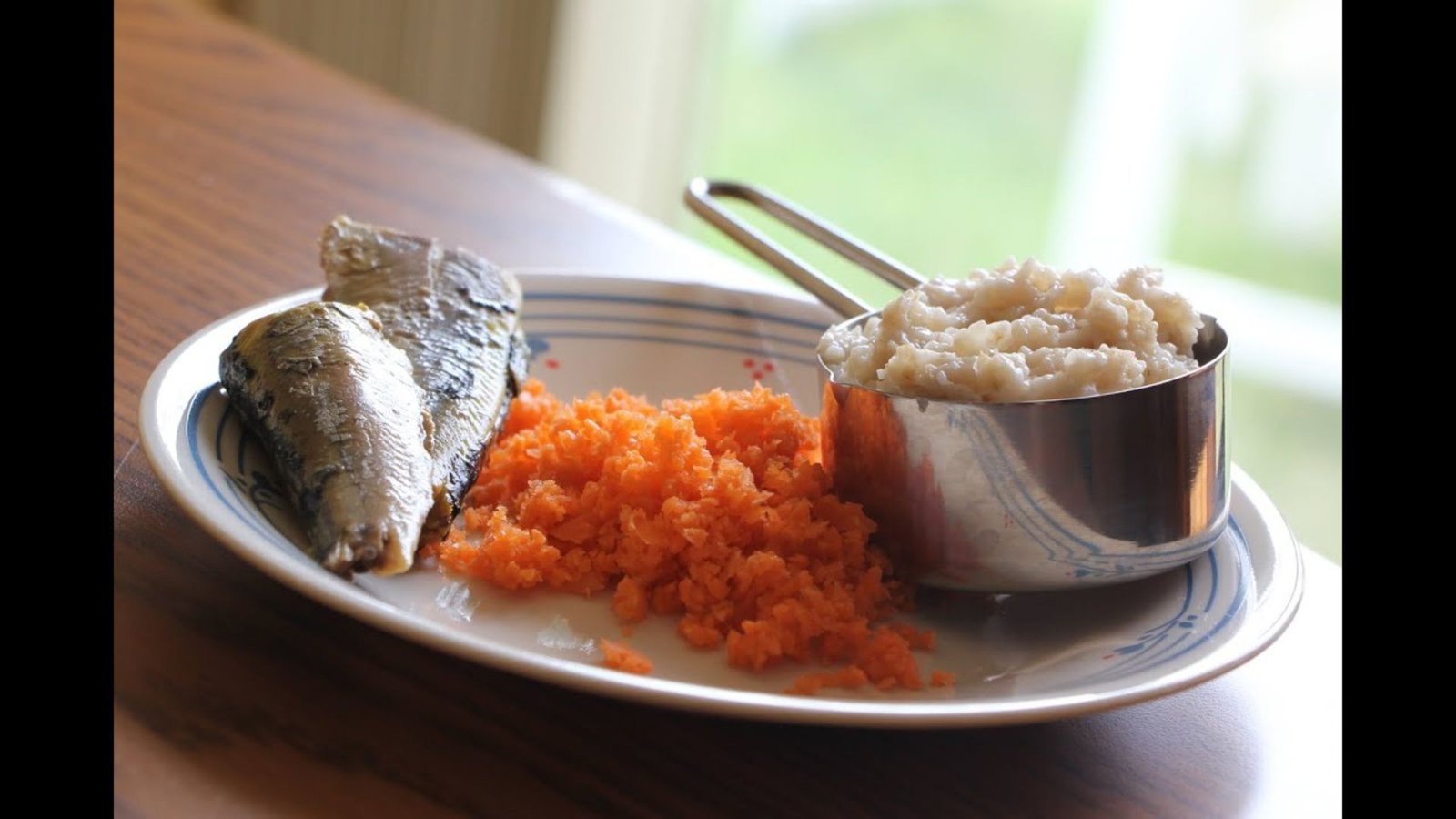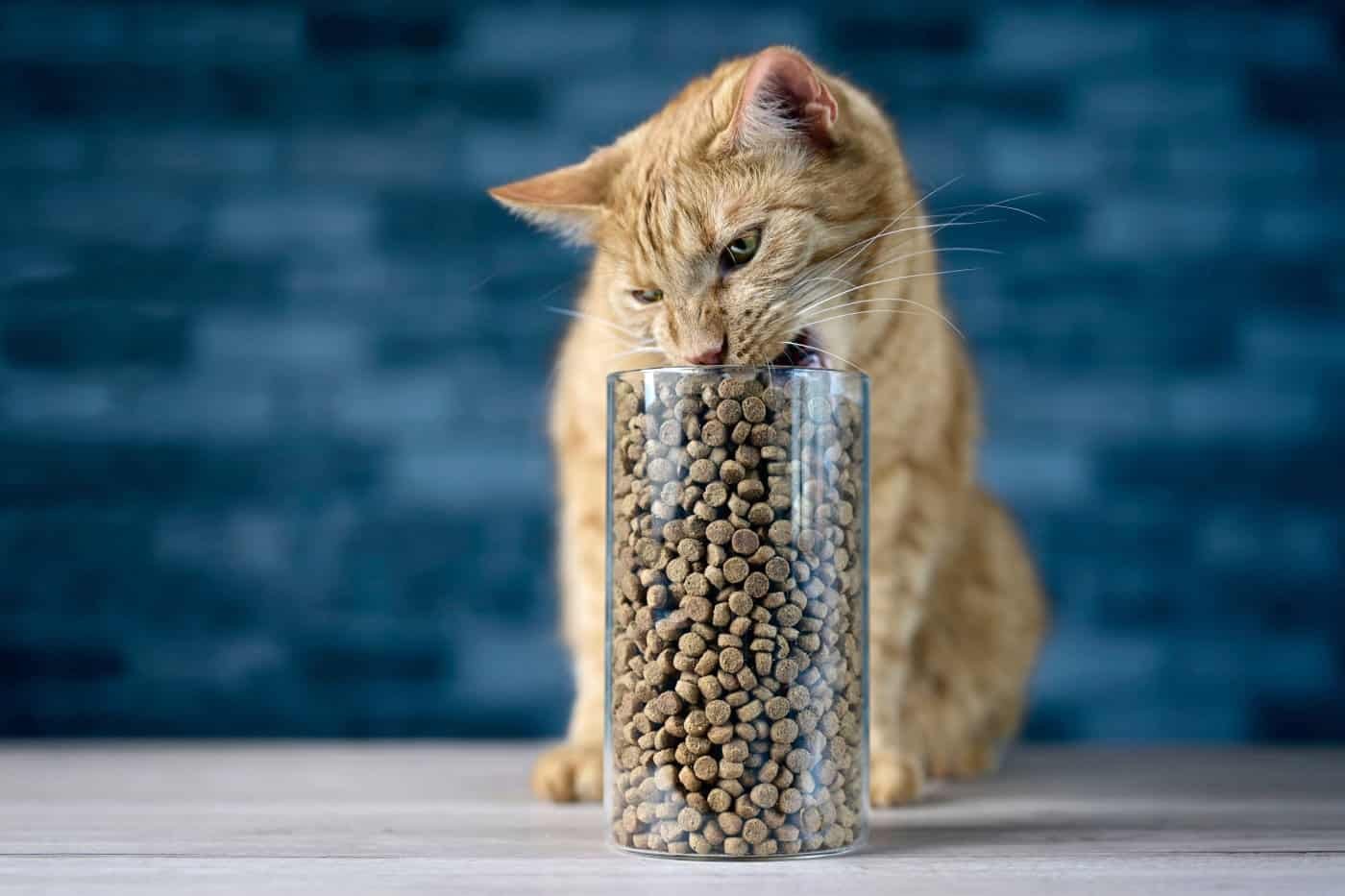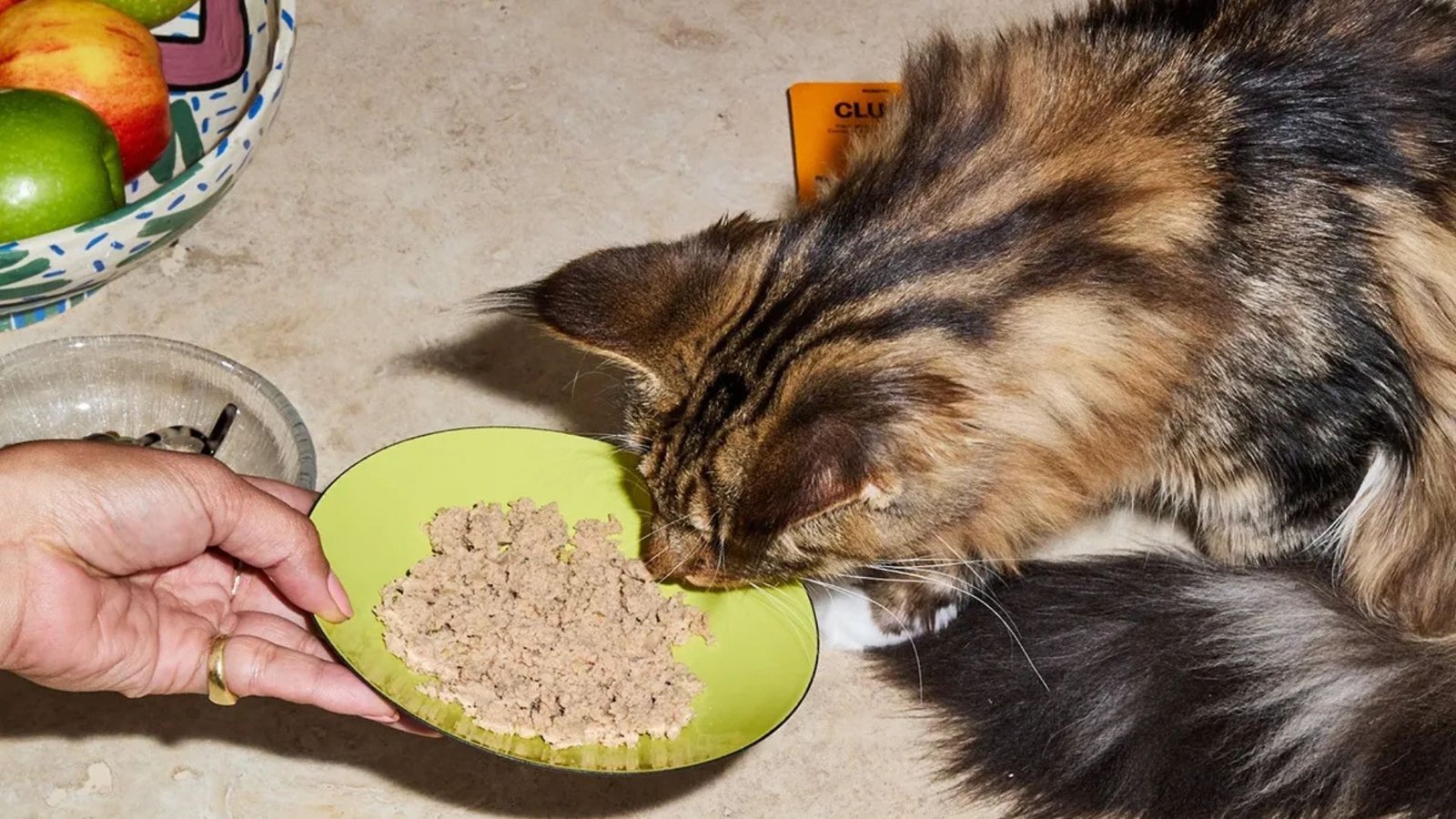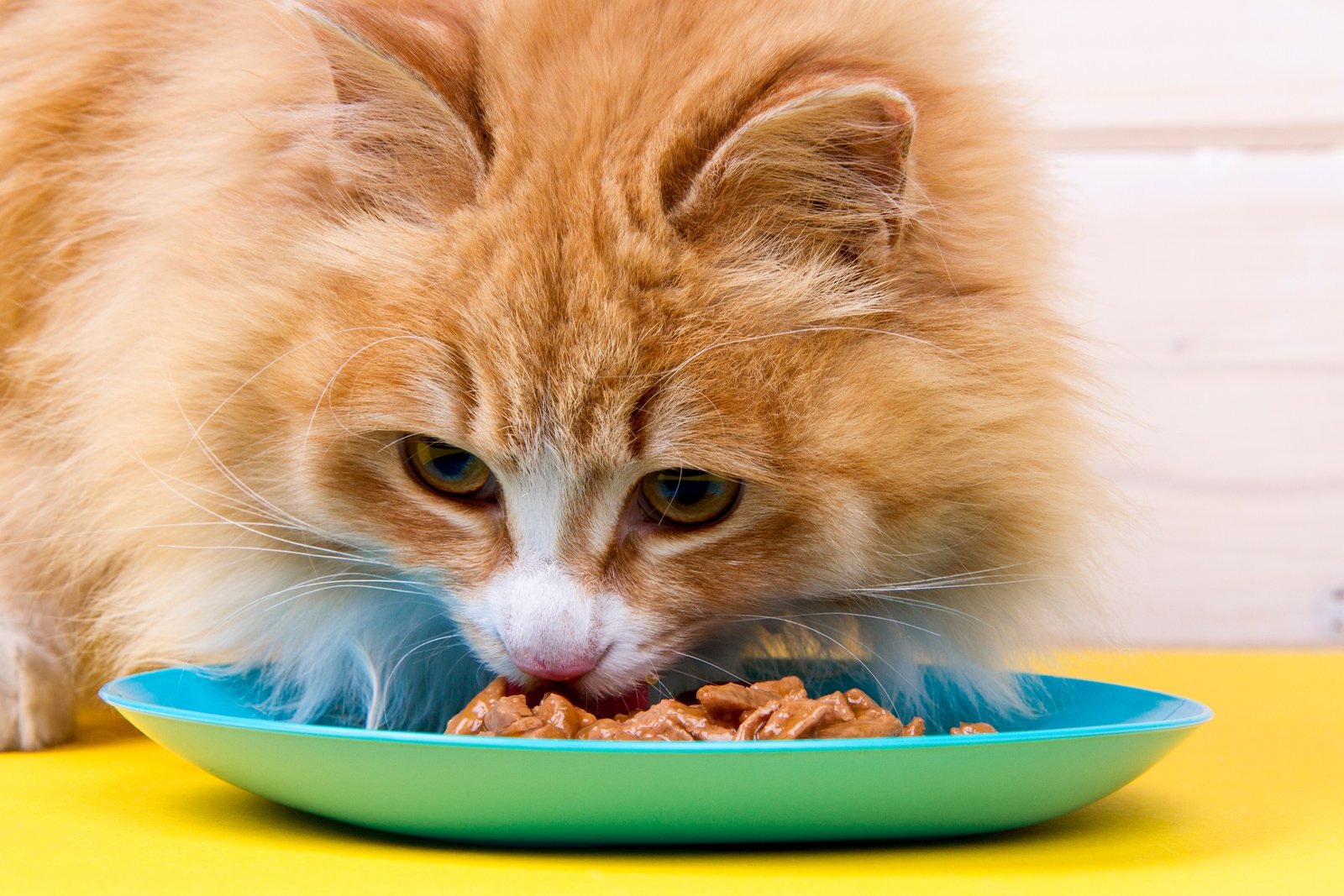Many cat owners are turning to homemade cat food to provide their pets with fresh, wholesome meals. A homemade diet ensures that you know exactly what goes into your cat’s food, and it can be a great way to manage their health, especially if they have allergies or sensitivities to commercial food. However, it’s important to ensure that the homemade cat food recipe meets your cat’s nutritional needs.
In this post, we’ll walk you through a simple, balanced homemade cat food recipe that’s easy to prepare and suitable for most adult cats. Let’s get started!
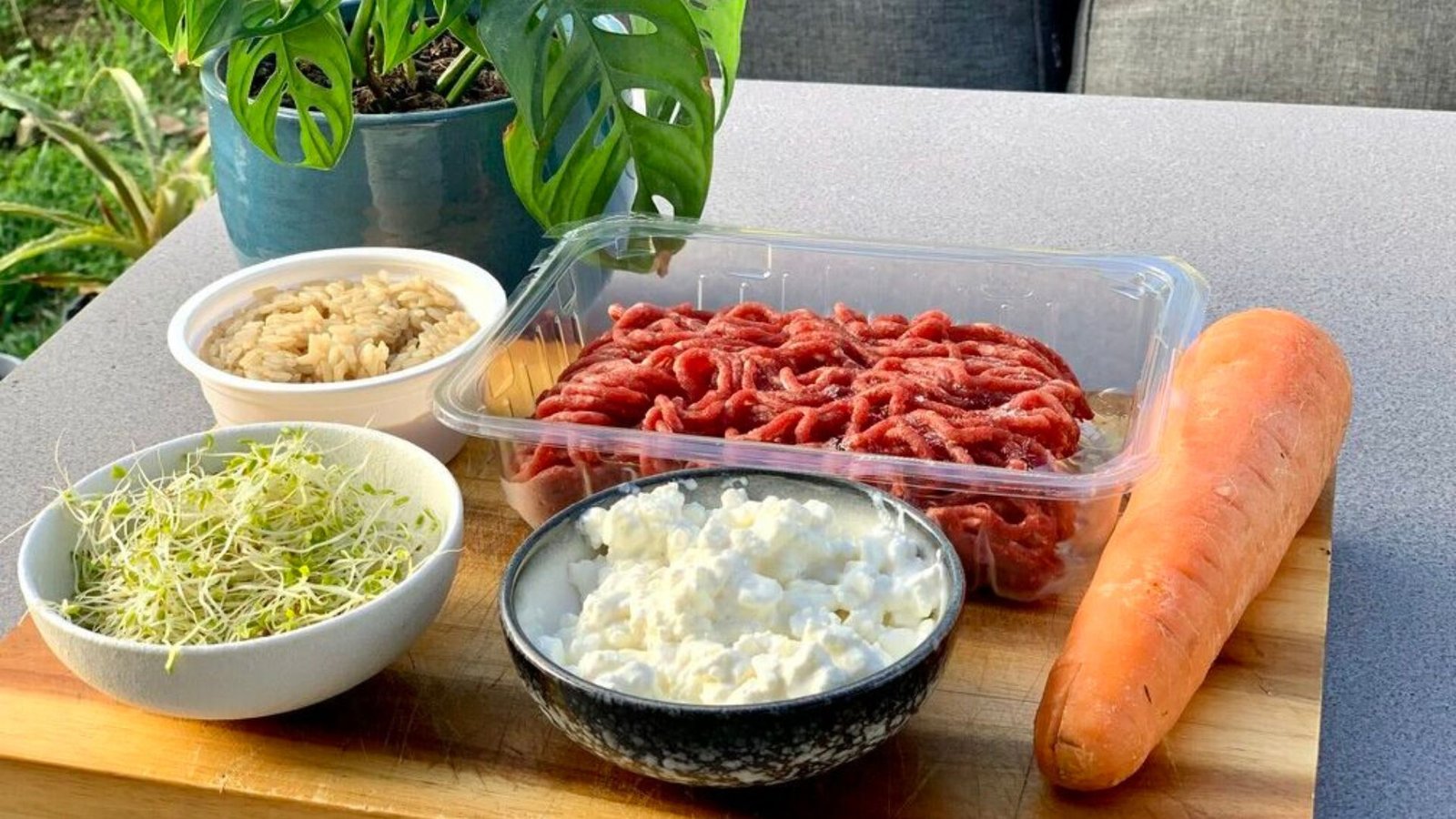
1. Why Choose Homemade Cat Food
Homemade cat food offers several benefits:
- Control Over Ingredients: You can ensure your cat gets high-quality, natural ingredients without any fillers or artificial additives.
- Better Digestion: Homemade food is often easier for cats to digest, especially for those with sensitivities.
- Tailored Nutrition: You can customize the recipe to fit your cat’s dietary needs, whether they’re dealing with allergies, weight issues, or other health concerns.
However, homemade food requires careful planning to meet all of your cat’s nutritional needs, including protein, fat, vitamins, and minerals.
2. Basic Ingredients For Homemade Cat Food
Cats are obligate carnivores, meaning they require animal-based proteins to thrive. The basic ingredients for a balanced homemade cat food recipe should include:
- High-Quality Protein: Chicken, turkey, or beef are excellent choices for protein. Organ meats like liver are also beneficial.
- Fat: Cats need fat in their diet for energy, skin health, and coat condition. You can use animal fats or fish oil.
- Taurine: This essential amino acid is found in animal tissues and is critical for heart and eye health.
- Vitamins and Minerals: Cats need specific vitamins like vitamins A and B vitamins, as well as minerals such as calcium, phosphorus, and potassium.
3. Homemade Cat Food Recipe for Adults
Here’s a simple, balanced homemade cat food recipe that includes all the essential nutrients. This recipe makes about 2 servings, which can be stored in the refrigerator for up to 3 days.
Ingredients:
- 1 cup cooked chicken breast (shredded or chopped)
- 1/4 cup chicken liver (chopped)
- 1/2 cup chicken broth (unsalted, or homemade)
- 1 large egg (scrambled or hard-boiled)
- 1 tsp fish oil (or 1 tsp flaxseed oil)
- 1/4 tsp taurine supplement (optional, but recommended)
- 1/2 tsp calcium carbonate (for bone health, optional)
- 1 tbsp cooked pumpkin or squash (for fiber)
Instructions:
- Cook the Chicken: Boil or bake the chicken breast and chicken liver until fully cooked. Make sure to remove any skin or bones, and chop the meat into small pieces.
- Prepare the Egg: Cook the egg by scrambling or hard boiling it. If scrambling, ensure the egg is fully cooked with no added seasoning.
- Combine the Ingredients: In a food processor or blender, combine the cooked chicken, chicken liver, egg, pumpkin, and chicken broth. Pulse until you reach a paste-like consistency that your cat can easily eat.
- Add the Supplements: Add the fish oil, taurine supplement, and calcium carbonate (if using). These supplements are crucial for ensuring your cat gets all the nutrients they need.
- Mix Thoroughly: Stir everything together until it’s well mixed. Ensure that the supplements are evenly distributed throughout the food.
- Serve or Store: Serve the food in your cat’s dish, or store any leftovers in an airtight container in the refrigerator for up to 3 days.
4. Nutritional Breakdown of the Recipe
This recipe provides a good balance of protein, fat, fiber, and essential nutrients for a healthy adult cat:
- Protein: Chicken and liver are high-quality animal proteins that provide essential amino acids for your cat’s muscle and tissue repair.
- Fat: Fish oil provides omega-3 fatty acids that help maintain healthy skin and coat.
- Vitamins and Minerals: The addition of a taurine supplement and calcium carbonate ensures your cat gets the nutrients required for heart health and bone strength.
5. Important Notes and Tips
- Consult with a Veterinarian: Before switching to homemade food, it’s essential to consult with your veterinarian. Cats have very specific nutritional needs, and a vet can help you create a plan tailored to your cat’s health requirements.
- Variety is Key: While this recipe is balanced, it’s a good idea to vary your cat’s diet with different types of protein (chicken, turkey, beef, etc.) and other supplements as needed.
- Supplements Are Essential: Cats need certain vitamins and minerals in their diet that may not be available in meat alone. Taurine, vitamin A, and calcium are examples of crucial nutrients for cats. You can get these from supplements, which are available at pet stores or through your vet.
- Avoid Toxic Foods: Never use ingredients like garlic, onions, or chocolate in homemade cat food. These are toxic to cats and can cause serious health problems.
6. Common Mistakes When Making Homemade Cat Food
- Inadequate Balance: Cats require a specific balance of nutrients. Without the right proportions of protein, fat, and other nutrients, your cat could suffer from malnutrition.
- Skipping Supplements: Taurine and other vital nutrients must be included in homemade food. Without them, your cat could develop serious health issues like heart disease or vision problems.
- Feeding Only One Protein: While chicken is a great option, feeding your cat the same protein every day can lead to deficiencies. Variety is important, so consider rotating proteins such as turkey, lamb, or beef.
Conclusion
Homemade cat food can be a wonderful option to ensure your cat gets the freshest, most nutritious ingredients. This recipe is a great starting point, but it’s important to do your research and consult with a vet to ensure your cat’s diet is complete and balanced. With a little effort, you can create delicious, healthy meals that will keep your cat happy and thriving for years to come.

